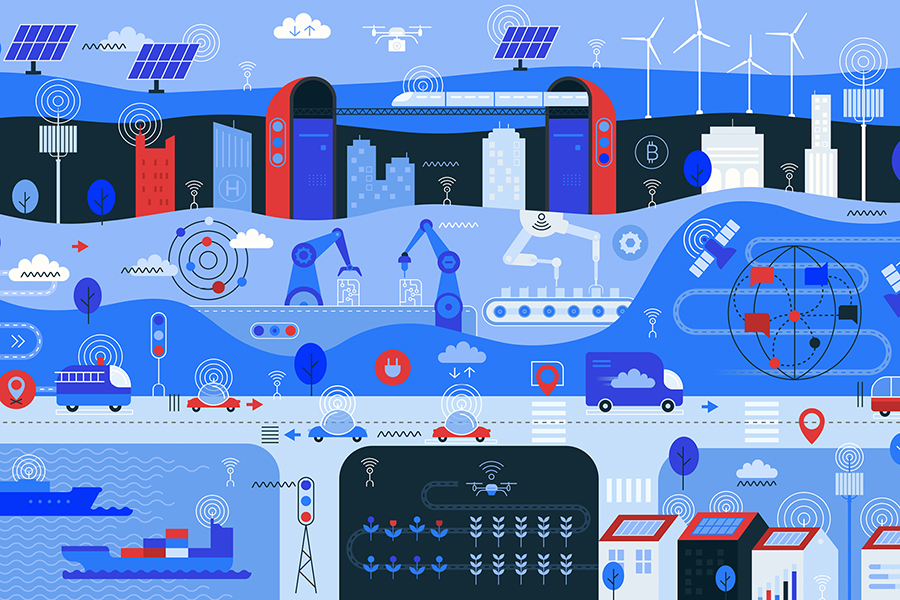Plattform Lernende System – Germanys Platform for Artificial Intelligence
Leading researchers, students and young talents bring the future of robotics and AI to life in exciting competitions and specialist conferences organised by the RoboCup Committee Germany
Conference on current developments in robotics and AI, as well as the promotion of transfer in research, innovation and application, organised by Robotics Institute Germany (RIG).
Step-by-step guide to setting up your own local AI development environment (VS Code, Python, Docker, Ollama/vLLM, WSL, GitHub), no prior knowledge required, organised by the AI Service Centre Berlin-Brandenburg
Step-by-step guide to setting up your own local AI development environment (VS Code, Python, Docker, Ollama/vLLM, WSL, GitHub), no prior knowledge required, organised by the AI Service Centre Berlin-Brandenburg
This workshop shows how data can be prepared effectively and RAG systems optimised to reliably find relevant information, organised by the KI-Servicezentrum Berlin-Brandenburg
This workshop shows how agentic RAG systems can be used as local, secure AI assistants – from research to workflow support, organised by the Berlin-Brandenburg AI Service Centre
Interdisciplinary conference on GenKI's influence on work, knowledge production, expertise, power & inequality, organised by the Weizenbaum Institute

